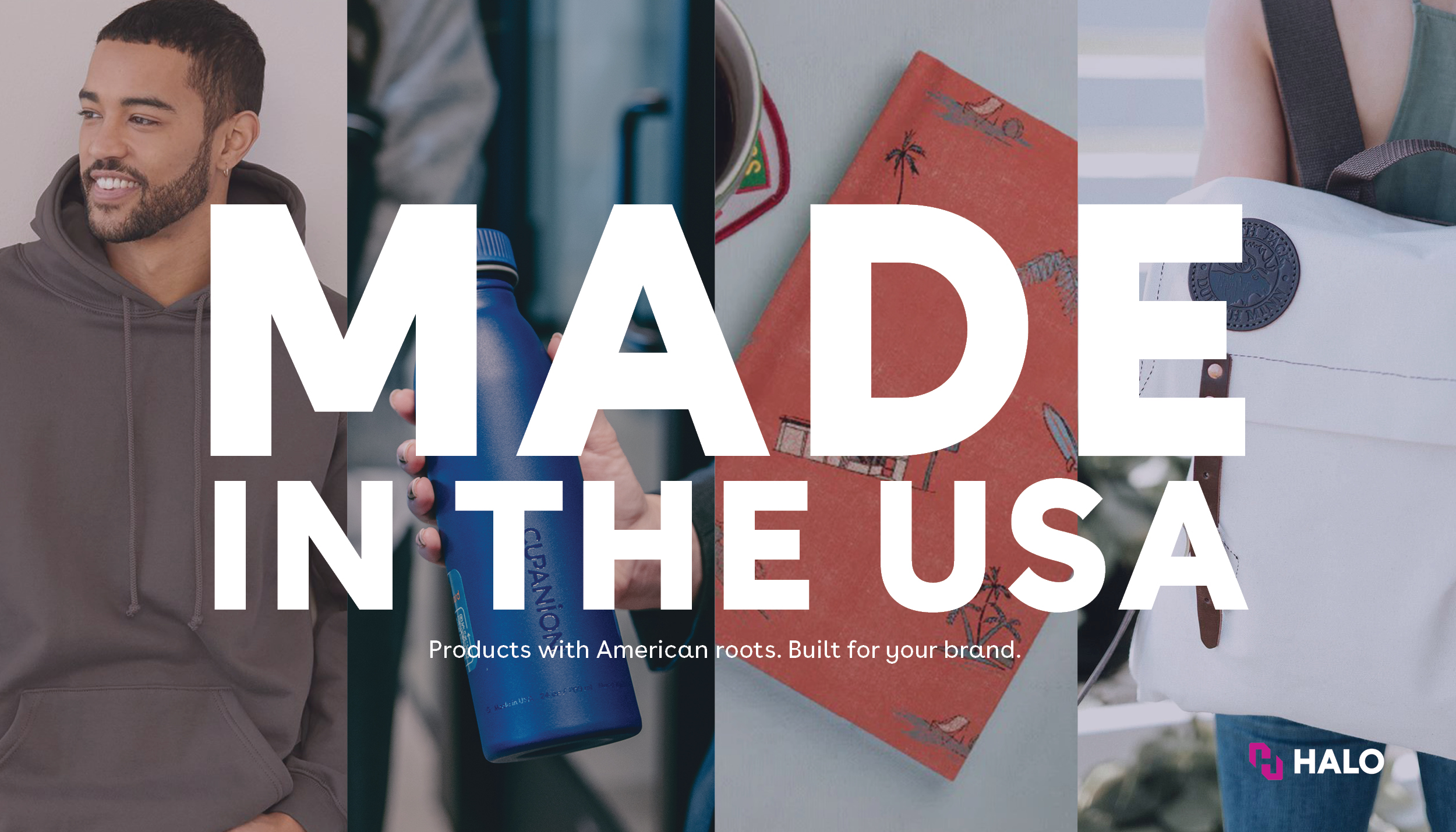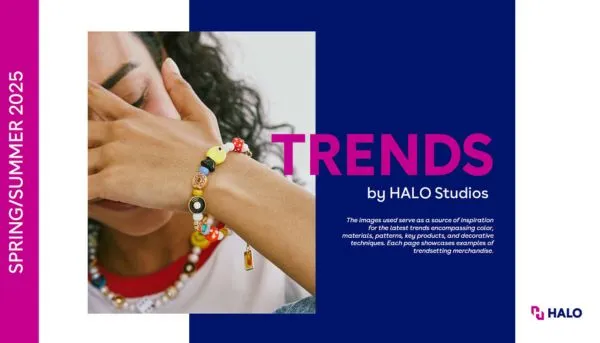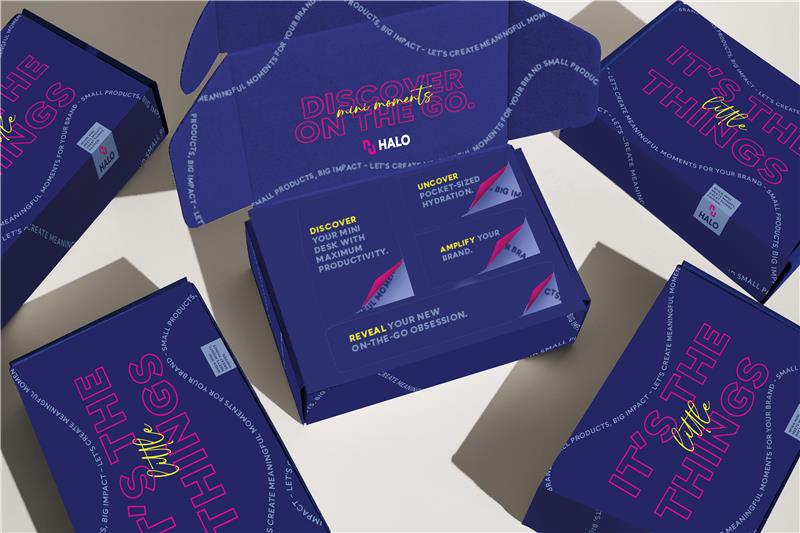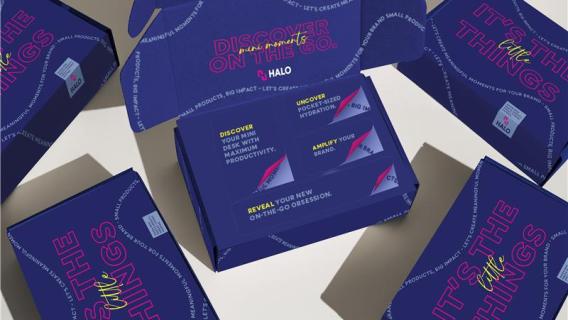Summary
Considering an online Company Store to distribute your branded merchandise? Here are some key considerations for selecting the right partner.
The Marketing Execution space is far more powerful than many realize. In the United States alone, annual product sales of promotional items totaled a whopping $24.4 billion last year. That doesn’t factor in other marketing materials such as print, signage, and retail displays. It’s big business and only continues to grow each year.
Most organizations have a multitude of needs in scope for this area of indirect spend, from employee incentives and recognition to customer engagement and brand exposure. And as companies grow, often so does their need for an online company store to manage it all. Selecting the right partner for this function is critical, but so is understanding many of the common hurdles and solutions that exist in doing so.
If You Build It, They Will Come
Many of my discussions with prospective customers start in the same place. They know that hundreds of thousands of dollars (often much more) are being spent across their organization on marketing materials, but don’t know exactly how much, or precisely by whom, or assuredly on what mix of items. They want to aggregate, but they are not sure quite how to go about it. This is a daunting and often demotivating position from which to start.
But the same clients seem pleasantly surprised by just how much aggregation happens organically when they build a custom company store with a user-friendly interface, load it with excellent merchandise and apparel, and then socialize it across the organization.
End-users may have long-standing supplier relationships in place, but when branded items, apparel, and uniforms are “locked and loaded” in one central location, ordering becomes faster, easier, and far more efficient. This means more time to focus on the core mission and less going back and forth with a print or promo salesperson to drop ship individual items.
For this reason, online company store programs will often start off slow and gradually pick up steam by around the 6-month mark, perhaps then doubling or tripling in spend within 18-24 months as end-users continue to realize the benefits.
Costs Should Be Minimal
Any marketing execution partner worth its salt should be willing to build a custom company solution for your brand at little to no cost if the potential realistically exists for at least $500k in annual spend, provided they are sourcing the items. Beyond this, you may be able to work in guaranteed hard cost savings of 10-30% against historical purchase prices, especially if annual spend exceeds ~$1.5 million. This often satisfies indirect procurement requirements without the need for cumbersome and time-consuming RFPs on an ongoing basis.
Several paid solutions are also available for lower levels of marketing materials spend throughout the industry, and quite often these offer similar levels of flexibility and customization. But even in this area, fees should be flexible and justifiable relative to ROI.
Scale Is Key
Whichever partner you ultimately choose to build and manage your program, they should have the buying power and market presence not only to lower costs, but to ensure that when things go sideways that they have the gravitas with wholesalers and importers to troubleshoot and then execute alternative solutions quickly and effectively.
Smaller agencies may offer high-touch service for categories such as graphic design, but “boutique” doesn’t matter so much when, for example, you need to get 5,000 t-shirts to Omaha for the big conference in 10 days and all the warehouses nearby are out of blanks. But that’s not the only advantage. Larger, more seasoned organizations also have the support resources in place to offer robust end-user support, so that someone is available to pick up the phone and provide real-time updates on order status and billing during business hours.
Ask For Examples
It is important to understand what your marketing execution partner has to offer in real-world terms, and that includes what’s on hand in the form of an e-store portfolio and demos. What are the brands already serviced? How do those offerings look? Is SSO available? Can user groups be created easily to control which items are shown to whom? What about the use of cost centers for billing? Can flat print items be customized for each end user? What kinds of custom reporting options exist? How does warehousing, kitting, and fulfillment operate? What about sustainability? Data security? Safety & Compliance? All of these answers are important but seeing them in real time on your screen is especially valuable.
The Bottom Line
In addition to the foregoing, the partner you select to build and maintain your online company store program should have a team of experts ready to work with you to reach your revenue goals by identifying key marketing channels, developing an annual marketing calendar, and measuring success with tools such as Google Analytics alongside platform reporting. They should also be ready and able to identify growth opportunities, launch online promotions, and promote across social channels. The best provider will always act as an extension of your brand and your team, and bring you a potent blend of strategic thinking and high-level design to build brand loyalty with your most important audiences.
At the end of the day, your marketing materials spend deserves the value, creativity, targeted strategic insights, and flawless execution it takes to capture — and hold — the attention of customers, employees, and everyone else you want to reach.
This post was previously published on LinkedIn













